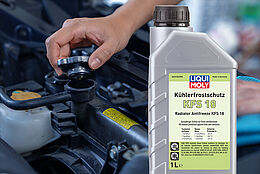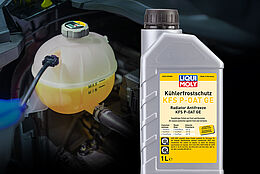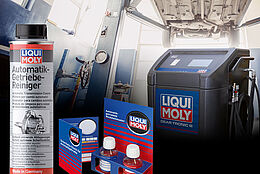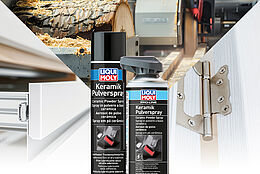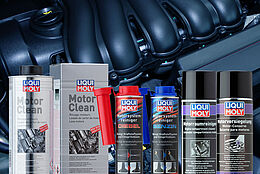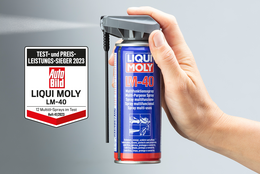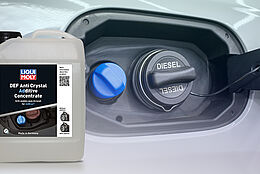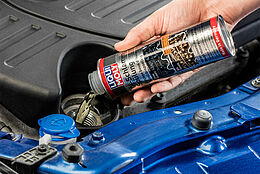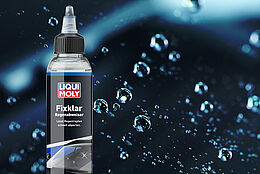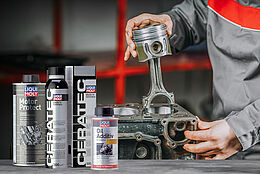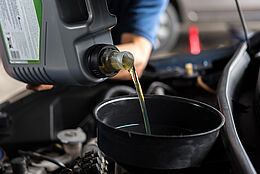- 6min
The composition of modern oils

Crude petroleum – the basis of all oils
Crude petroleum forms the basis of many modern oils. It was formed millions of years ago from dead plankton that sank to the sea floor. Over time, sand and rock were deposited on top, which led to the conversion to crude oil under the exclusion of oxygen, pressure and heat. The basic building blocks of crude petroleum are hydrocarbon compounds, which can occur in various chain lengths.

A pure base oil alone does not meet the numerous tasks that today’s lubricants have to fulfill. Modern oils, in particular engine oils and lubricating oils, do not only consist of one base oil, but are also composed of combinations of different base oils. In addition to this composition, special additives in particular fulfill important functions in engine oils.
The additive package – additives in engine oil
The additive package is a mixture of various additives that are added to the heated base oil. Depending on the requirements, various additives in the engine oil are combined into a package (additive package). They improve existing functions or give oils new properties and play a decisive role in the performance and durability of lubricants.
Oil properties that can be influenced by additives
| Properties | Can be influenced by additives | Can only be achieved with additives | Cannot be affected by additives |
| Cooling | X | ||
| Resistance to aging | X | ||
| Viscosity/temperature | X | ||
| Corrosion protection | X | ||
| Dissolves dirt | X | X | |
| Dispersion capacity | X | X | |
| High pressure properties | X | X | |
| Foam behavior | X | X | |
| Air discharge capacity | X | ||
| Water separation capacity | X |
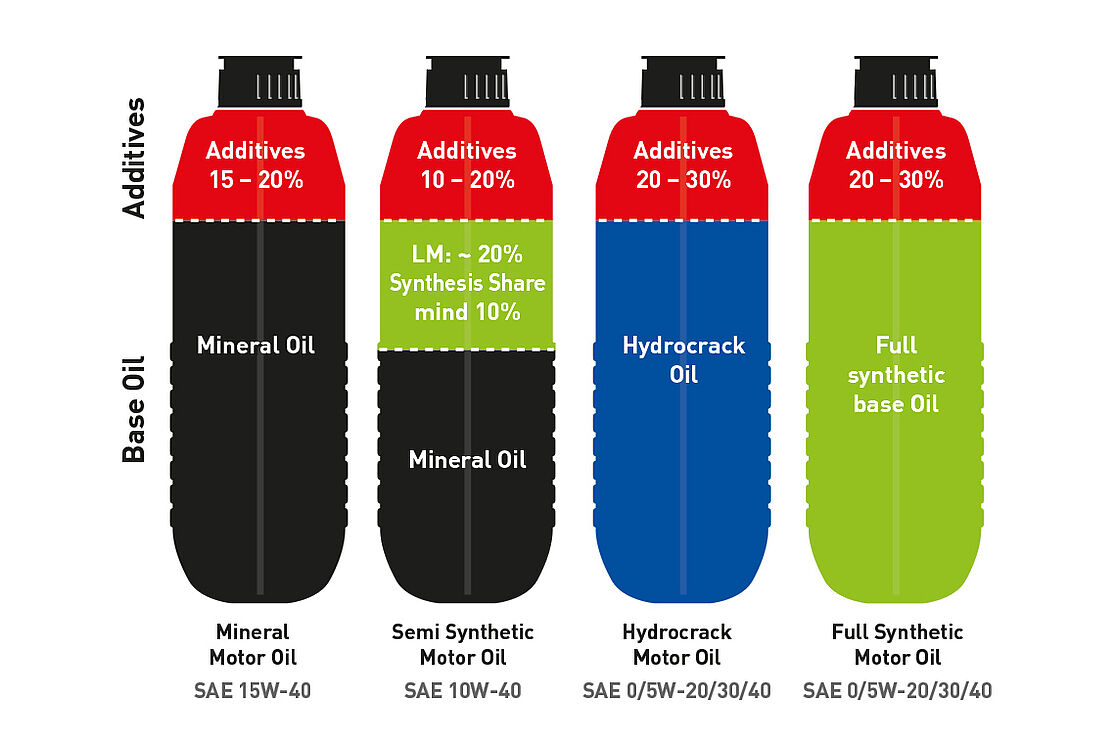
Additive content in engine oils
Classifications and specifications of engine oils
Over the past decades, various organizations have been working on the classification of engine oils in order to create internationally uniform standards for viscosity and quality.
Manufacturer-dependent specifications indicate which engine or gearbox the lubricants are compatible with and officially approved by the vehicle manufacturer.



